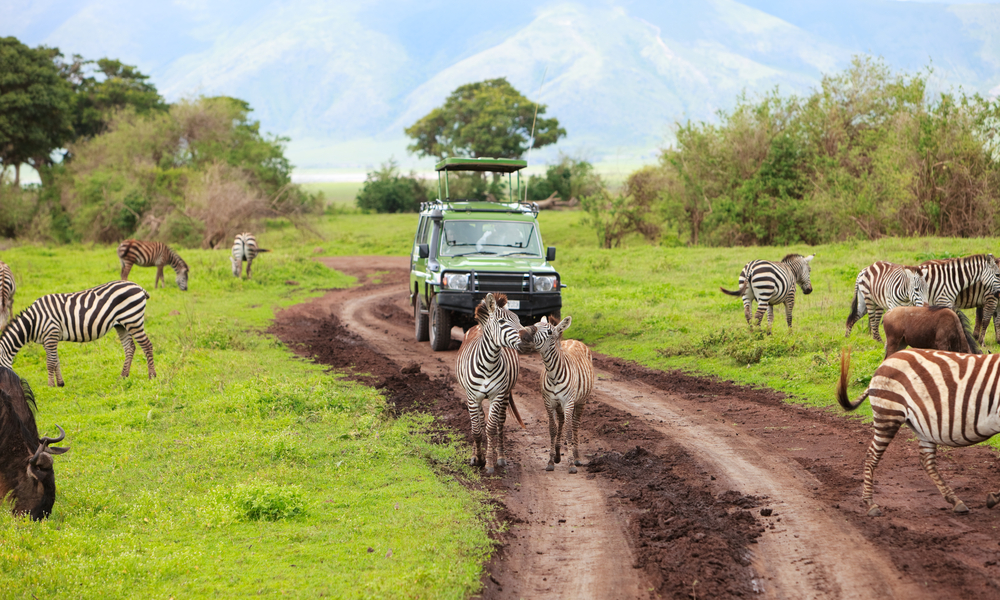
When it comes to traveling in Africa, there are lots of options if you want to do a safari trip on your own or with a camp. But like any vacation, you should be well prepared for it in case anything should go awry. Here are a couple of tips for making your African Safari trip a success!

www.shutterstock.com
Identification
For traveling abroad, ensure that you have your passport planned out well in advance and in some cases, you may need a visa to travel to African countries. For example, all US citizens need a visa and proof that the have received the proper vaccine shots before traveling to Africa.
Vaccines
As mentioned above, be sure you have received the proper vaccines before you leave for Africa. You can protect yourself from disease by ensuring that you eat and drink safely as well as keep away from bugs and wild animals. For some disease such as malaria, you may only need to take prescription medicine to prevent it. Here is a list of diseases you should be vaccinated for before your trip:
- Hepatitis A
- Polio
- Typhoid
Under certain circumstances, you may need vaccines for the following diseases as well:
- Hepatitis B
- Rabies
- Yellow Fever
Staying Safe
Avoid safari scams by reading review sites for your trip. If it seems like a scam such as a cheap camp or lodging with amazing features, then it probably is. Look into professional organizations with connection to your home country to help you plan out your trip rather than doing it all on your own.
Be up to date with what is going on in the country you are visiting. Political issues are an everyday occurrence for some African countries and crime is common as well. Keep your items safe and keep up to date on alerts in the country you are visiting.
Clothing
Because of the climate, dust, and ever present hungry insects, some clothes are better for a safari than other trips. It’s best to wear earth tones such as green, grey, tan, or brown and with fabric that is made out of cotton. Dress in layers: it will be cold from night to morning, but will get warmer as the day goes on or humid if you are in a jungle. Avoid wearing black and dark blue because these colors can actually attract biting insects that carry disease. Wearing long sleeves and pants can also help reduce the amount of bug bites.
It may seem cliché, but safari vests are common and very helpful during your trip. With all of the Velcro pockets, you will have plenty of space to carry money, a camera, flashlight, snacks, or medicine. Also consider bringing a bandana or hat to protect your head. In dusty conditions, a bandana can also be used to cover the face so that dust does not get in your eyes, nose, or mouth.
Food and Water
Africa has a huge water scarcity and can be very unclean. To avoid becoming sick from drinking poor quality water, be sure to either only drink bottled water or boil the water first. For camping, plan out how much water you will need ahead of time so that you do not run out. Don’t use ice in your beverage unless you know the water was purified beforehand. Even when you are brushing your teeth, make sure to use only purified water and not tap water. Avoid drinking water from showers as well.
At camps and lodging facilities, it is generally safe to eat the food they provide and they prepare it in a sanitary manner. However avoid salads and fruits which do not have skins just in case. Only eat fruits that can be peeled such as bananas and oranges.
These are just a couple of helpful hints for when you are traveling through Africa or participating in a Tanzania Safari. For more information on safety and traveling trips through Africa, you should visit your country’s website to read their advice for citizens on traveling outside of the country.














